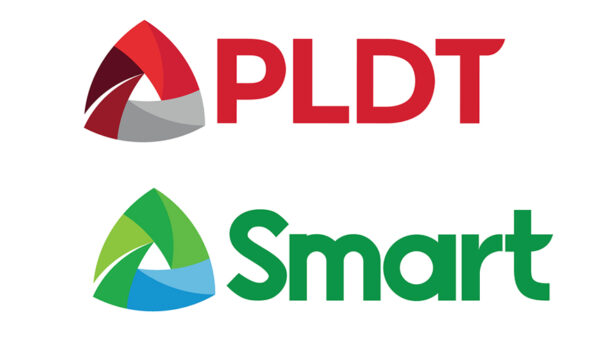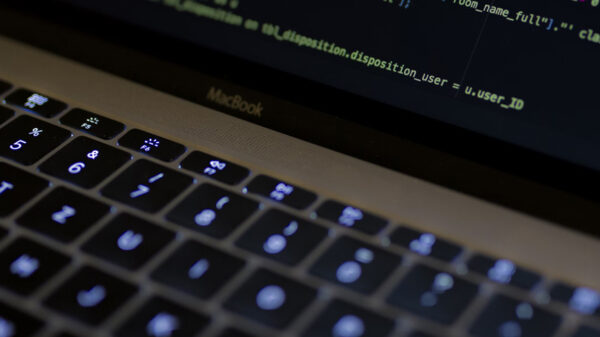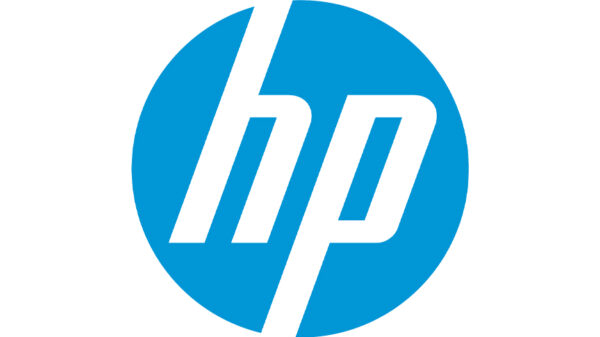For International Privacy Day, Kaspersky experts have looked into typical privacy risks and cyberthreats faced by users of its consumer products. In fact, 85% of Kaspersky Security Cloud users worldwide took advantage of its “Account Check” function on mobile devices and found out that their email addresses were in the public domain due to data breaches and other privacy-related incidents that have emerged in recent times. Nevertheless, it is certainly not the time to panic as cybersecurity products and digital hygiene can help consumers keep their digital data protected.
Modern technologies have given us a wide range of benefits – from video streaming and flexible working to matchmaking on dating apps. Services like Facebook, Tinder and even Netflix require users to hand over quite a bit of personal information and it is estimated that this year, the total amount of data used online will reach 44 zettabytes. To continue to reap the rewards of such services, it is important for users to understand the potential risks affecting their personal privacy and add layers of protection to maintain it.
For instance, one of the most frequently used techniques – phishing – often preys on people making unintentional mistakes and exploits human emotions. Kaspersky’s special report for International Privacy Day 2020 shows that anti-phishing technologies prevented at least one phishing attack on 15% of Kaspersky users’ computers.
In Southeast Asia, Kaspersky has blocked phishing attempts in 22.36% of users in the Philippines, 20.47% in Malaysia, 16.65% in Indonesia, 15.63% in Vietnam, 15.33% in Thailand, and 6.15% in Singapore.
Another popular attack vector, which has become increasingly common, is password stealers. In 2019, there was a 72% rise in the number of users (two million in total) hit by malware designed to harvest consumer’s digital data. Password stealers infiltrate browsers and steal stored passwords, leading to users’ private data being accessed via online accounts without their permission and being raided by malefactors.
“Technology has improved online communications and continues to build a closer, more integrated world. While ordinary consumers benefit from open opportunities these new technologies bring to them and enjoy the value, it is still important to be proactive in protecting the personal data that this technology relies on,” comments Marina Titova, Head of Consumer Product Marketing at Kaspersky.
“Today, there are many tactics to prise personal information from people, like password stealers or phishing. However, there are some simple steps anyone can follow to safeguard their digital privacy,” adds Titova.
To keep sensitive information protected from privacy threats and ensure personal data remains secure, Kaspersky recommends:
- Avoiding any suspicious links or applications. If you have been shared a link or document from an unknown source, or are not sure what it may contain, check with the sender
- Remaining vigilant while using the internet by reading links and service agreements carefully. Only use certified and secure programs and websites
- Keeping your internet security services up-to-date by installing the latest patches and product updates. This way, your device remains protected against the latest threats
- Start using “Privacy Checker”, an online tool that was created to help people set up their social media accounts securely
- Installing a reliable security solution – such as Kaspersky Security Cloud – that can protect your account details and notify you should any of your personal data be compromised

















































































































